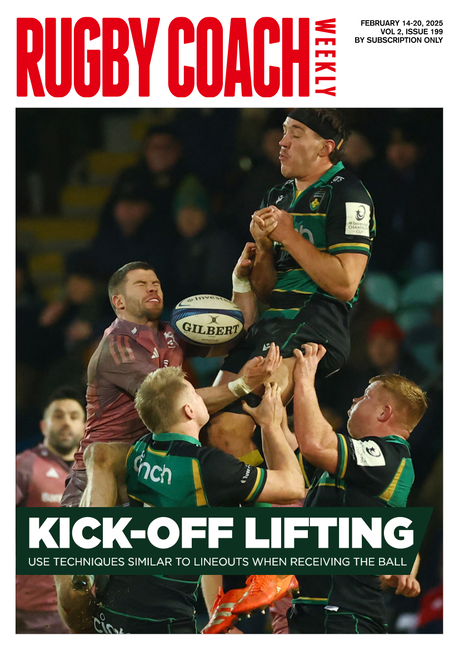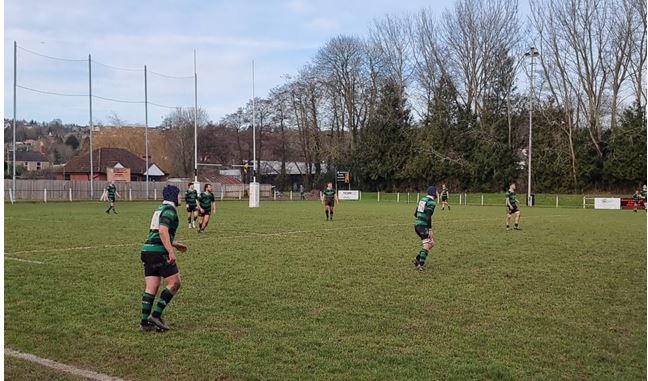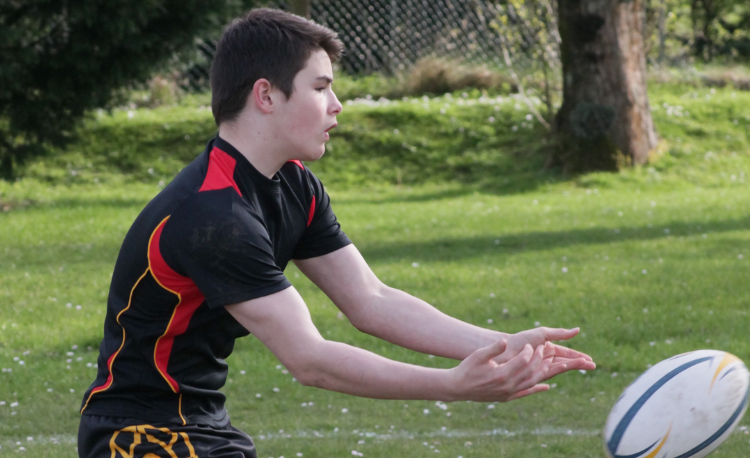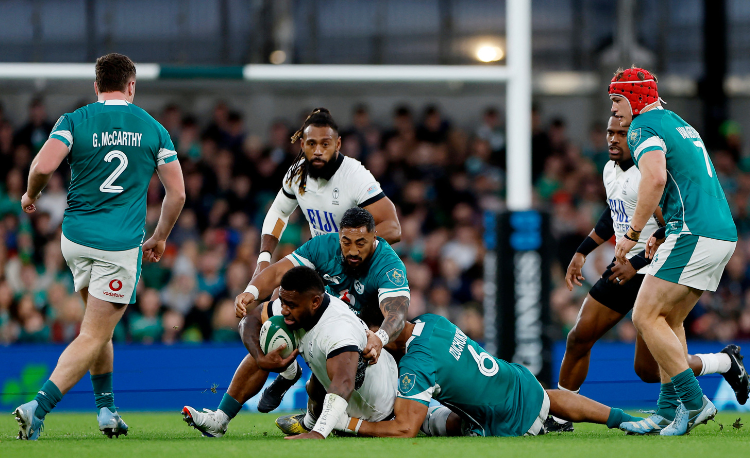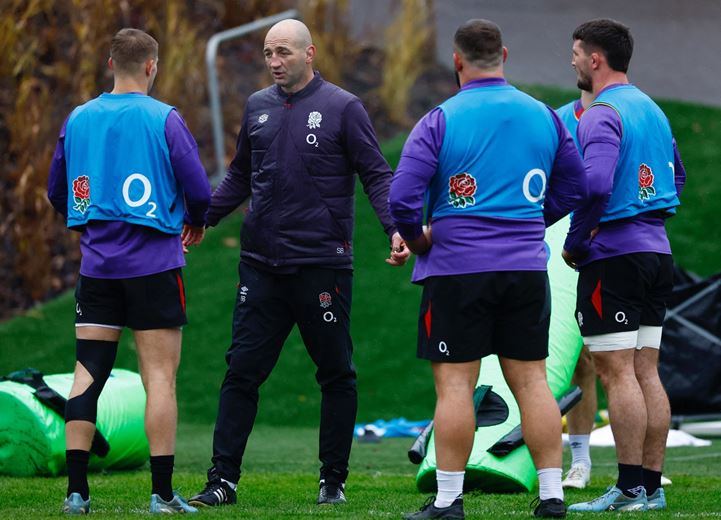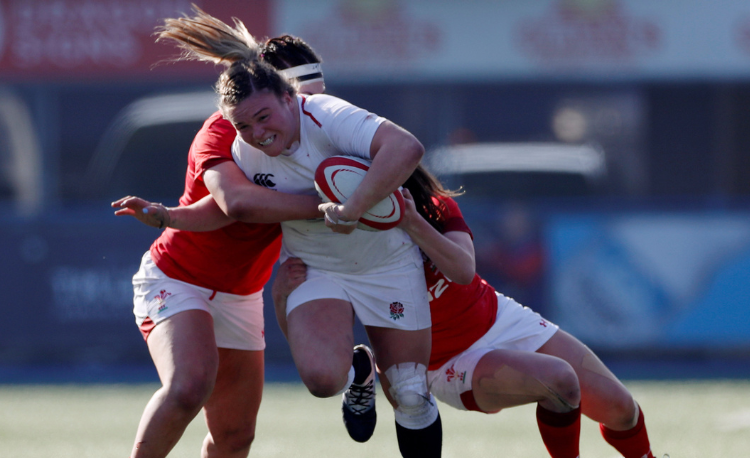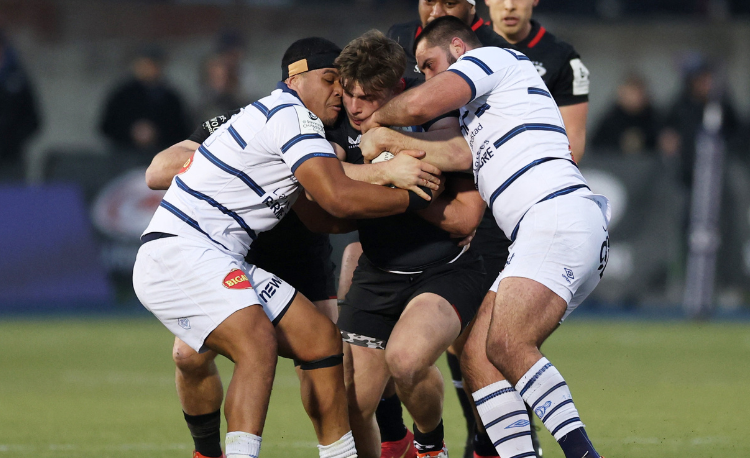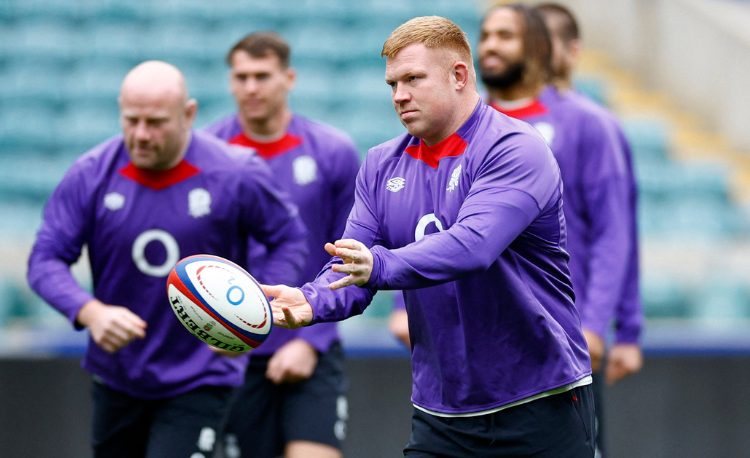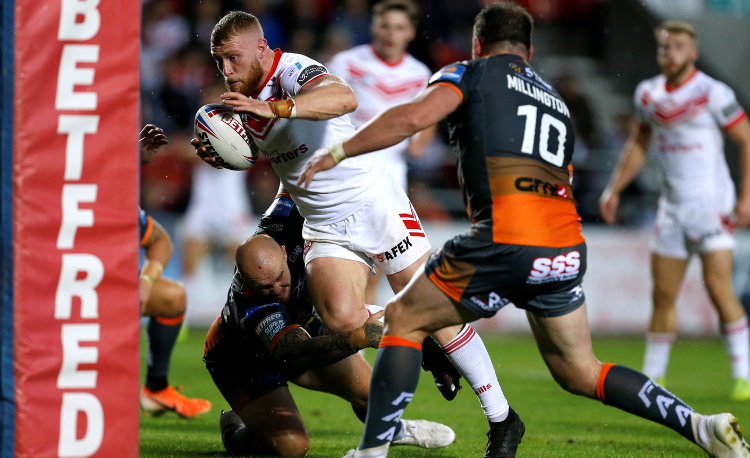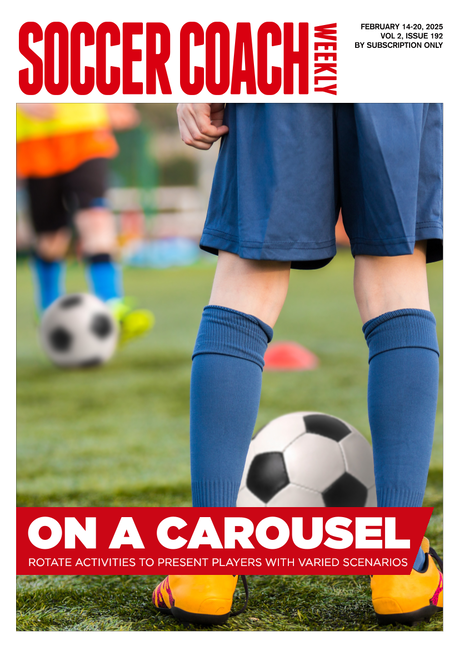Coaching your own son or daughter
Many new coaches find themselves coaching their own child. How do you keep your personal and coaching relationship separate?
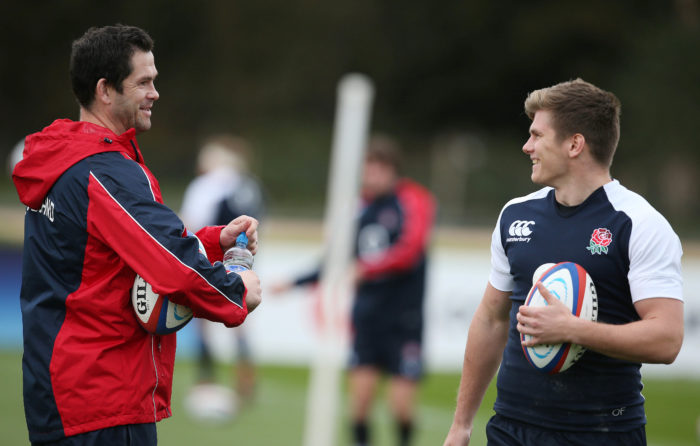
Many new coaches find themselves coaching their own child. How do you keep your personal and coaching relationship separate?
Wear two different hats
At home and in the car to the training or a game, speak as a parent would. And that means, encourage them about the things they are doing well and support them when they are disappointed about the game. Don’t give them tactical or technical advice, unless they ask for it specifically.
At the training field, praise, encourage and feedback as you would any player. Don’t say anything that refers to their home life. Any sanctions that need to be used should be the same as would happen to any player.
Use the other coaches
If there’s something that needs perhaps a bit more bite, both in praise or criticism, ask another coach to say something to your child. That removes any hint of bias, plus it makes it easier to talk about it after the event.
Your child is the best player...so what
This doesn’t matter. You should be rotating the players as much as possible. Just because you’re the coach doesn’t give you the right to award extra favours to your child because you are putting in the hard work
Don’t talk about other players or coaches
Hard though it might be, you have to be vigilant on talking about other members of the team away from training. That’s probably the hardest task.
Newsletter Sign Up
Coaches Testimonials

Gerald Kearney, Downtown Las Vegas Soccer Club

Paul Butler, Florida, USA

Rick Shields, Springboro, USA

Tony Green, Pierrefonds Titans, Quebec, Canada
Subscribe Today
Be a more effective, more successful rugby coach
In a recent survey 89% of subscribers said Rugby Coach Weekly makes them more confident, 91% said Rugby Coach Weekly makes them a more effective coach and 93% said Rugby Coach Weekly makes them more inspired.
Get Weekly Inspiration
All the latest techniques and approaches
Rugby Coach Weekly offers proven and easy to use rugby drills, coaching sessions, practice plans, small-sided games, warm-ups, training tips and advice.
We've been at the cutting edge of rugby coaching since we launched in 2005, creating resources for the grassroots youth coach, following best practice from around the world and insights from the professional game.


